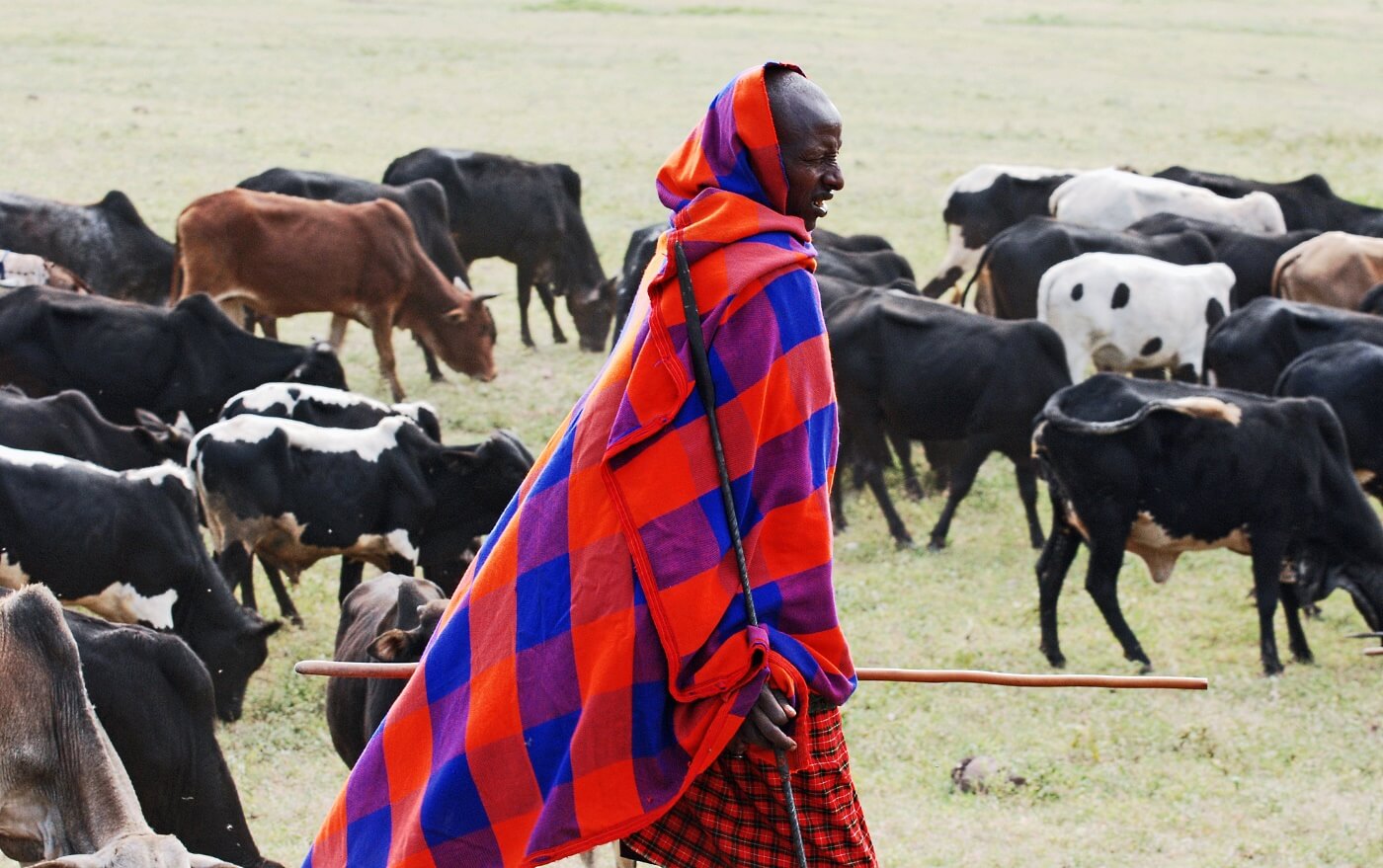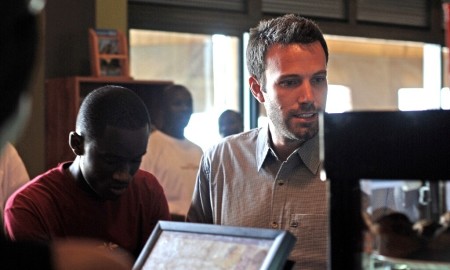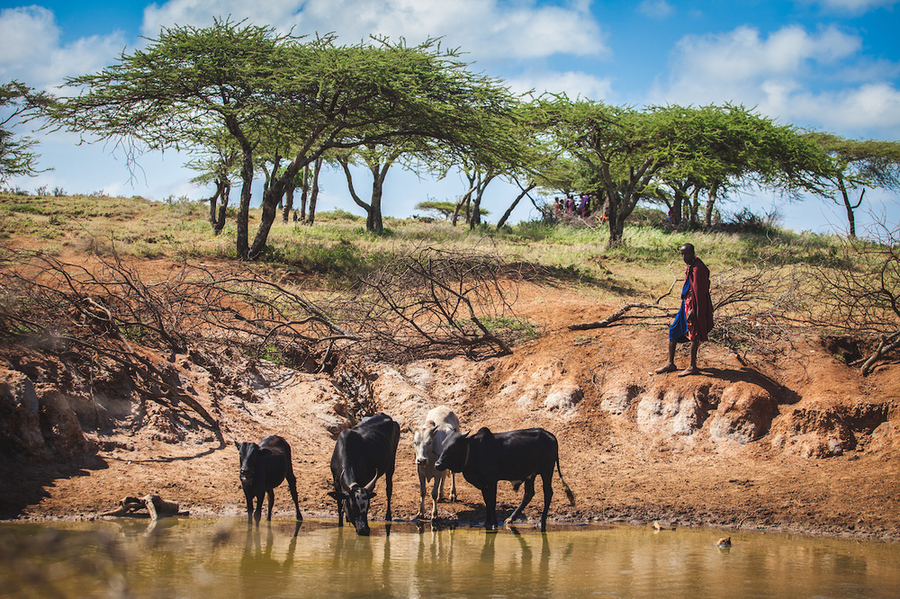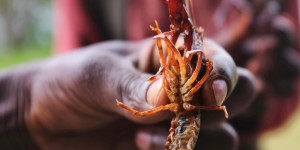For the semi-nomadic Maasai pastoralists of Ngorongoro district in northern Tanzania, herding underpins lives, livelihoods and cultural identity. Cattle, goats and sheep provide food and income, so families move around to reach the food and water their animals need to survive. As a result, life is shaped by shifts in vegetation, weather and water levels.
But this unique culture is endangered by climate change and emerging diseases, as well as by broader socio-political threats —access to land and oppressive conservation legislation, for example. When it comes to disease, certain established behaviours — migrating across porous borders, handling raw flesh, drinking unpasteurised milk and eating undercooked meat — can make people and animals vulnerable to zoonotic diseases, such as foot-and-mouth disease and Rift Valley fever, which move between wildlife, domestic animals and humans. As competition for limited grazing and water intensifies, wildlife, livestock and humans come into closer contact, increasing the exposure and transmission of other diseases such as sleeping sickness.
This photo gallery explores the threat of disease in Maasai communities, and documents the work of the Southern African Centre for Infectious Disease Surveillance (SACIDS) with local pastoralists. This consortium monitors outbreaks and strives to improve people’s resilience to disease and climate change.
















